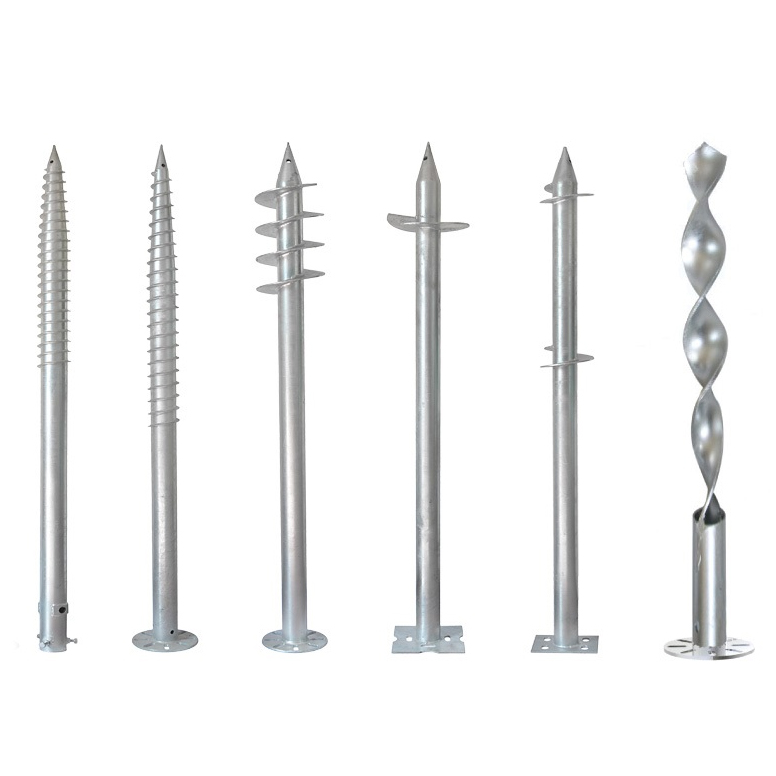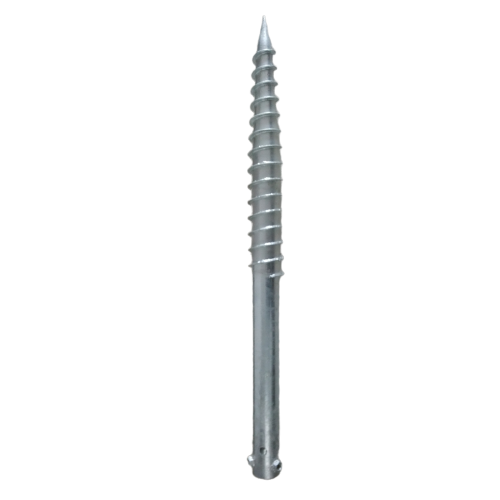Our wellness advice is expert-vetted. Our top picks are based on our editors’ independent research, analysis, and hands-on testing. If you buy through our links, we may get a commission. Reviews ethics statement
Anxiety can happen at any time. These five grounding strategies will make sure you're ready. No Flange

Anxiety disorders can seriously impact your ability to function and even interrupt your ability to live your life. Unfortunately, anxiety isn't something you can just get rid of. But that doesn't mean anxiety gets to rule your life. You can learn to manage it with therapy, medication and self-help strategies even when symptoms spike.
Next time you feel anxious, try these five coping mechanisms to regain control.
You might have come here to learn how to get rid of anxiety fast. However, anxiety isn't something you can just shrug off. If you live with anxiety, you might be dealing with a diagnosable mental health condition that will likely be a part of your life long term. It can take many forms -- like social anxiety or a phobia. In any case, learning how to deal with anxiety means figuring out how anxiety affects you personally.
To find out if you're living with generalized anxiety disorder (GAD), the most common type of anxiety, Mental Health America has a free online screening tool that you can use.
Whether you want to figure out how to get rid of social anxiety, GAD, panic attacks, phobias or another type of anxiety that's impacting your life, it starts with learning your triggers. That means identifying your symptoms and what causes them, so let's start there.
The symptoms of anxiety depend on the type of anxiety affecting you. The five most common types are:
If you want to learn how to get rid of anxiety, it's worth doing some research to find out what type could be affecting you and the symptoms it causes. Talking to a doctor can help, too.
That said, since GAD is the most common form of anxiety and many of its symptoms apply to other anxiety disorders, we look at those here. Before we dive in, you should know that anxiety looks different for everyone. Symptoms vary and it can be challenging to tell if you're living with a diagnosable anxiety disorder or whether you just need new tools for dealing with stress.
Ultimately, knowing what symptoms to look for can help you decide if it's time to talk to your doctor. Anxiety can manifest both physically and mentally so let's look at both.
Panic disorder is the kind of anxiety that causes panic attacks, which are marked by the sudden onset of symptoms like:
Panic attacks happen quickly but usually go away within five to 20 minutes.
Keep reading: How to Stop and Prevent an Anxiety Attack
While we can't promise to show you how to get rid of anxiety for good, we can equip you with grounding techniques. Having these tools at the ready can help you through challenging times, so let's dig in.
Naming something can make it feel less scary. When you're having a panic attack, knowing that it is a panic attack -- and that it will pass -- can go a long way.
Similarly, if you live with GAD, knowing that what you're feeling is part of a health condition, not a reflection of how the world actually is, can help you feel more grounded. Talking to someone about what you're feeling, whether it's a friend or a doctor, can also help to provide anxiety relief.
Breathing is one of the most powerful calming tools. Between the added oxygen and the stimulation for your parasympathetic nervous system, breathing can work wonders. Plus, breathing techniques are free and you can do them anywhere.
As you learn how to deal with anxiety, it can be helpful to memorize some breathing exercises you can do anytime, anywhere. Slow, diaphragmatic breathing is a great place to start. Putting your hands on your stomach can help you learn this skill, but you don't necessarily need to do that if you're in public.
Read more: 5 Breathing Exercises to Relieve Stress and Relax
Grounding yourself makes a big difference when you're feeling anxious. To do that, you can use the 5-4-3-2-1 method:
By tapping into your senses, you're bringing yourself back to the present moment and anchoring yourself there. Don't be afraid to walk around to get all 5-4-3-2-1 things named. Take your time and use this as a way to help yourself relax.
It's easier said than done, but distraction can be a useful tool. Try to reposition your mind from a place of worry to focusing on something you enjoy. Go for a walk somewhere nice, listen to music you love, show your pet some love, get yourself a beverage to enjoy, chat with a coworker -- whatever works to distract your mind.
Studies show that journaling can help as you're learning how to calm anxiety. You could freewrite, jotting down whatever comes to your mind. Getting it out of your head and down the page can help with letting things go. Or you might try to journal about what you're grateful for since that can shift your mind to more positive thoughts.
If you're still hunting for how to deal with anxiety when it affects you, we have some more calming life hacks you can try out.
Even though there's no immediate fix to get rid of anxiety once and for all, you can learn how to help anxiety when it impacts you. The tools we just laid out can build the arsenal you can turn to whenever you need anxiety relief.
Be mindful of how often you turn to that toolbox. Most of us deal with anxious feelings from time to time. If you're leaning on these tools to get you through the day on a regular basis, you may benefit from professional help.
Signs treatment may help your anxiety:

Ground Anchor Spikes Getting relief could mean talk therapy , medication or something else. Talk to your primary care provider or find a therapist in your area or online. Mental health experts are your best bet if you want to figure out how to treat anxiety that continually affects you.